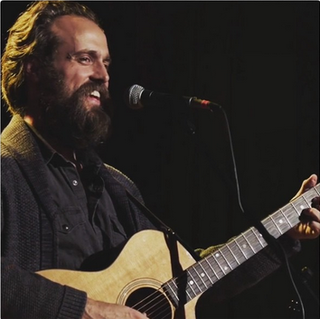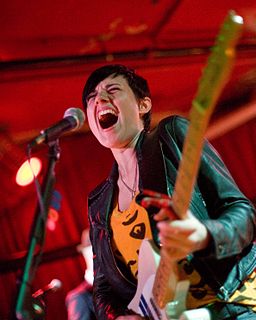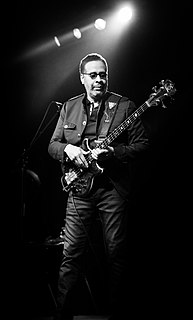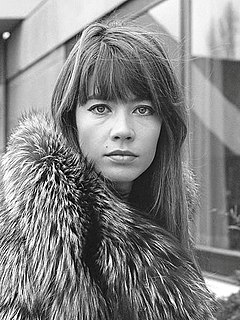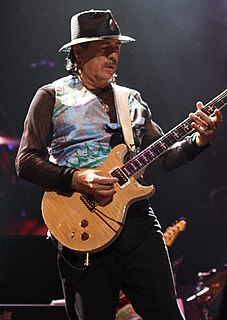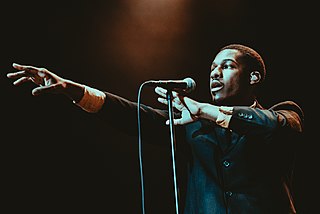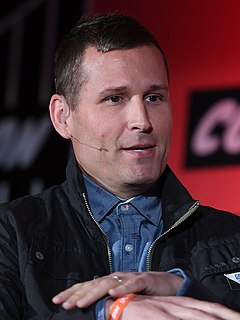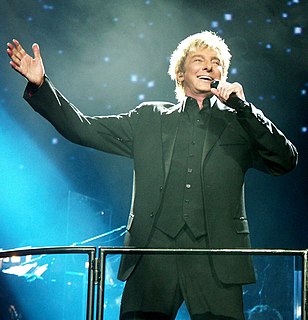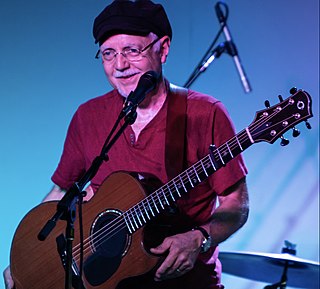A Quote by Sid Sriram
When it comes to 'Maruvaarthai,' I have said many a time that Carnatic music drives my creative influence. In that sense, Darbuka Siva gave me a lot of room to breathe with the melody. The instrumental, however, was grounded. The lyrics is just poetic, and phonetically, they sound beautiful.
Related Quotes
Do I start with the lyrics? No. Quite honestly, it's the opposite. I generally get the melody first - I kinda fiddle around on the guitar and work out a melody. The lyrics are there to flesh out the tone of the music. I've tried before to do things the other way around, but it never seems to work. Obviously, I spend a lot of time on my lyrics, I take them very seriously, but they're kinda secondary. Well, equal, maybe. I think sometimes that if you write a poem, it should remain as just a poem, just... words.
I usually start with a guitar riff or some little pattern of chords, and then I kind of go from there. Usually my lyrics are the last thing to go onto a song. For years and years I only ever did instrumental, so I'm still trying to get confidant with my lyrics and find the right balance. I'll generally get inspired from the music. I'll have a guitar line, and then I'll have a melody line, and I hook the lyrics up to fit that rhythm. So, my lyrics to tend be very rhythmic as well. They work with the music rather than the music works around them.
I love a great melody and wonderful lyrics that speak from the heart, and my music has that and speaks about it; but there's just something that was really raw and energetic about the early House music. It's hard to describe. It's like you had to go to these parties where the stuff was being played on these huge sound systems to really feel it.
It's always made me feel odd when I'd get a Dove Award for an instrumental album that has nothing to do with gospel. When I think of gospel music, I think of spreading the Good News with words. But maybe it's just because I was heralded once upon a time as one of theirs. The category of instrumental music seems sort of important to the big picture, but I felt a little embarrassed at the same time.


